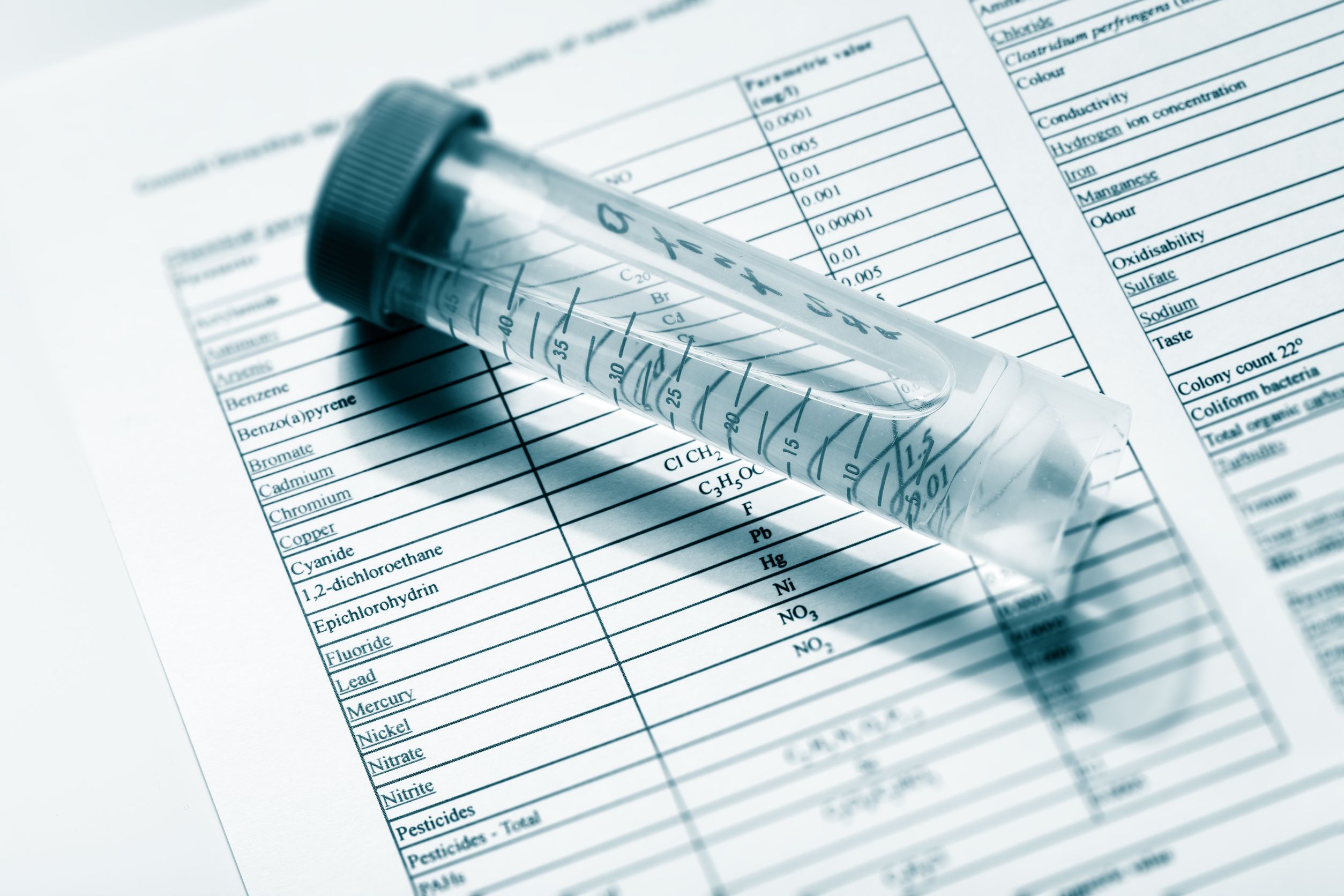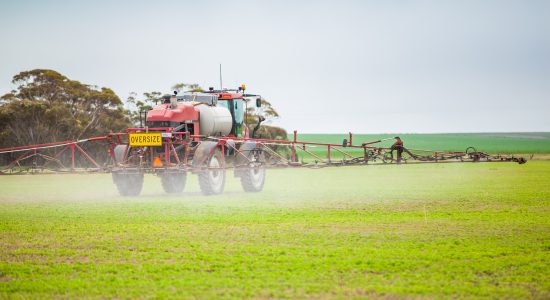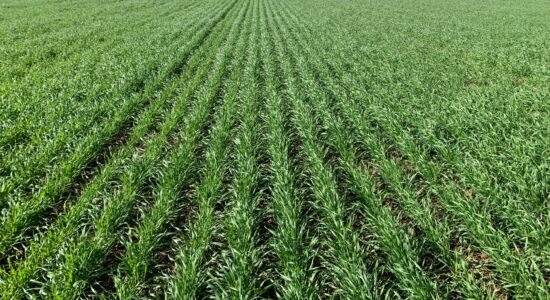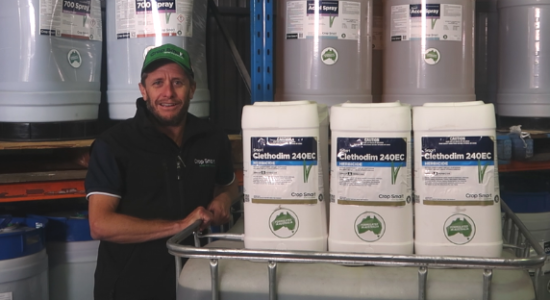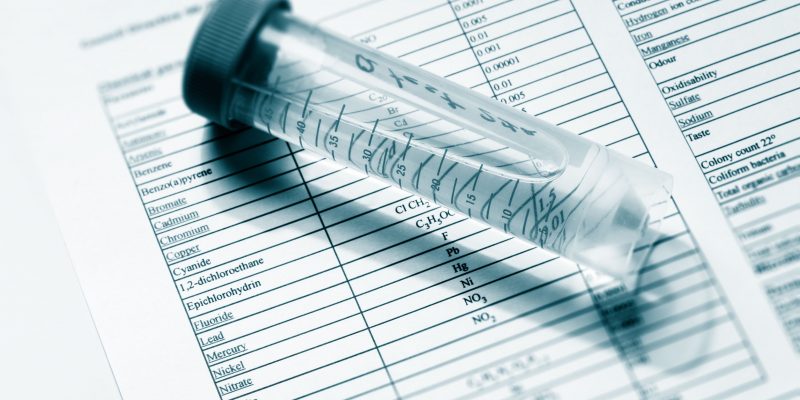
Water quality – Why regular testing is important
The quality of water that is used for spraying operations is an important factor for ensuring quality results from Ag chemicals. If farmers are not using rain water and are pulling water from bores, creeks or main pipes then getting water tested is a good idea to know the waters quality level.
The 4 main levels for testing should include; pH, total water hardness, bicarbonate, and salinity.
pH indicates how acidic or alkaline water is, which is represented on a scale of 1-14, 1 being acidic and 14 being alkaline. The pH of water can have lots of adverse effects on the spray performance with alkaline water causing chemical breakdown and poor droplet contact with the target plants, and tank mix stability and gelling of acidic water. Buffering agents such as Smart 700 Spray have the ability to reduce water pH and keep it at a steady level for spraying.
Total water hardness refers to the amount of cations, or positive charge caused from things such as calcium, magnesium and sodium in the water. These positively charged ions react with acidic chemicals that carry a negative charge, such as glyphosate, and effect their ability to be taken up by the target plant. Water hardness is expressed as parts per million (ppm) or milligrams per litre (mg/L). Water hardness of above 250-350ppm should be treated before adding certain Ag chemicals to the mix. Bicarbonate levels can also hinder the efficacy of some chemicals, with levels as low as 175ppm having some significant effect on group A herbicides and 2,4-D Amine. It is often useful to have a test of total water hardness and bicarbonate levels separately to compare the two. Ammonium Sulphate supplied as a formulated liquid (417 grams/L) or in a soluble crystalline form (980 grams per kilogram) will assist in reducing water hardness, however it will not significantly alter pH which could be another issue that will also need to be addressed. The amount of Ammonium sulphate required will vary depending on the level of water hardness, and a water test will assist in calculating that amount.
Salinity is another water quality problem and is usually measured as the Electrical Conductivity (EC) of the water. If a waters Electrical conductivity is above 500 – 1000 microsiemens/cm of water it can cause some chemicals to fall out of solution and others to become inactive. The major issue with high salinity water is that it can be very difficult to adjust the pH using buffers, therefore causing the water to be unusable for spraying. Water with high salinity is usually discarded for crop spraying use.
Sign Up
